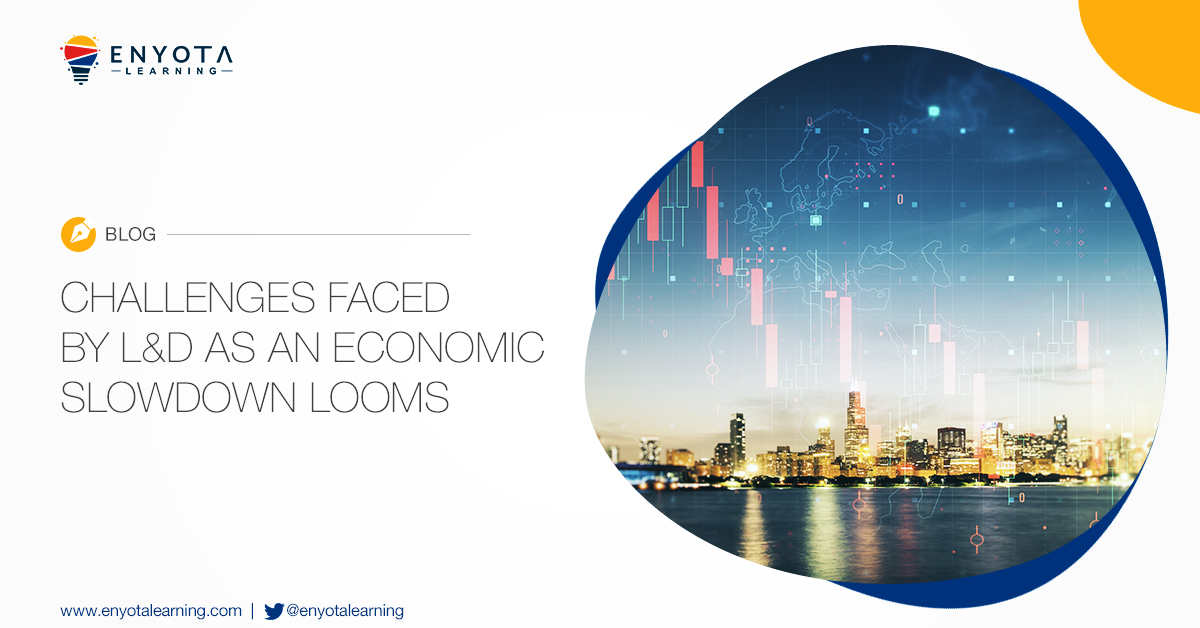It’s a common observation in organizational learning and development: leadership education often commands the lion’s share of resources and focus. While the importance of strong leadership is undeniable, the traditional methods of developing leaders are being challenged. The need for personalized leadership development is more urgent than ever, as it is the key to unlocking the full potential of your organization.
The old model, often rooted in standardized, academic-style programs, frequently falls short in terms of real-world application within a specific company. What works, in theory, doesn’t always translate to the unique challenges and culture of your organization or the individual growth needs of your leaders. Leadership development must be more adaptable and personalized to create a genuine impact.
The era of standardized, academic-style programs delivering a one-size-fits-all approach is fading. Today, creating truly impactful leaders requires a more nuanced, personalized, and agile strategy – one that resonates with an organization’s unique context and the specific needs of its leaders.
The Shifting Sands of Leadership Requirements
Today’s volatile and uncertain markets demand a new breed of leader. The top-down, directive approach is becoming obsolete. Instead, organizations need leaders who can foster collaboration and empower individuals at all levels. Effective organizations now recognize and cultivate leadership at all levels.
The emphasis on leadership development has also evolved. We’ve moved beyond simply transferring knowledge and focusing on short-term gains. The priority now is building lasting capabilities and skills through continuous improvement. Crucially, leadership learning is now expected to directly contribute to achieving business objectives, not just individual employee growth, leading to a tighter integration of knowledge and daily performance. Furthermore, the ability of everyone to adapt their style and approach to changing circumstances is considered a critical attribute.
Assessing Your Organization’s Readiness for Leadership Transformation
Implementing a modern leadership development strategy requires careful consideration of your organization’s readiness. Is the company culture open to new ideas and models? Are internal structures flexible enough to support change? Do your leaders view this as an ongoing process that needs to be actively managed and communicated?
The success of any new leadership program also hinges on how well the learning experiences are designed across different formats. Are leaders and the organization prepared to understand the program, provide and receive feedback, and ultimately measure its effectiveness? Simply having a new leadership philosophy isn’t enough.
A parallel effort is necessary to identify current leadership norms and culture gaps. This involves proactive communication and engaging key stakeholders. Often, this begins with a change readiness assessment, gathering insights through individual conversations, surveys, and group discussions. The findings then inform the creation of a multi-faceted communication plan, a strategic rollout, and robust feedback mechanisms. Establishing key performance indicators (KPIs) for the phases before, during, and after the launch of the leadership training program ensures alignment and a comprehensive approach.
Crafting Engaging and Tailored Learning Experiences
In contemporary leadership training, the focus must be on designing engaging and personalized learning journeys. Techniques such as simulations, real-world case studies, role-playing exercises, collaborative problem-solving, cohort learning, and bite-sized learning modules allow for greater customization of each leader’s learning path, content, pace, and objectives.
Integrating technology, offering diverse learning activities, and connecting learning directly to on-the-job experiences provides more practical application and feedback opportunities. This creates a framework for performance-driven learning that emphasizes applying new skills in the workplace, reinforcing learning over time, and fostering continuous development. The ultimate goal is to clearly demonstrate how leadership development translates into tangible business results and aligns individual leader goals with the broader organizational strategy.
Is It Time to Re-examine Your Leadership Development Efforts?
Now might be the ideal time to critically evaluate your organization’s current leadership development programs. However, before making any changes, take a step back and delve into the fundamental nature of leadership within your specific context and your organization’s unique needs. What specific leadership skills will be most crucial for achieving future success? How will that success be defined and measured?
Armed with these insights, you can then effectively assess the strengths and weaknesses of your current initiatives. Many organizations seek out collaborators who can provide expertise in areas such as learning strategy, instructional design and development, or technical integration.
At eNyota Learning, we recognize that effective leadership development is a journey, not a destination. We can help to design and deliver impactful, personalized learning experiences that empower leaders at all levels to drive meaningful business outcomes. Let us help you move beyond simply allocating resources to leadership education and instead create a strategic, results-oriented approach.




